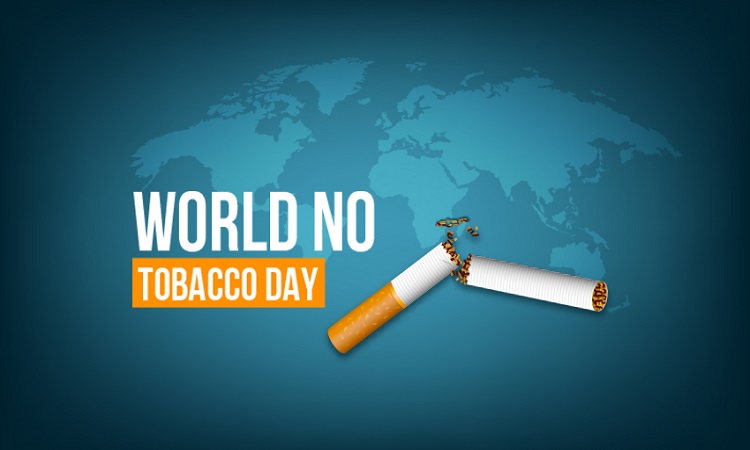Tobacco smoke has at least 70 cancer-causing chemicals, also known as carcinogens.1 Smoking is the most important risk factor for developing lung cancer, however, not all people who smoke get this type of cancer. two
Tobacco smoke is a toxic mix of more than 7,000 chemicals. At least 70 of these substances cause cancer in people or animals2 and every time tobacco smoke is inhaled the chemicals enter the bloodstream, transporting them to all parts of the body.1
Inhaled chemicals can damage DNA, which controls how the body makes new cells and directs each type of cell to do its job. Damaged DNA can cause cells to grow differently than normal, these unusual cells can turn into cancer. 3
The longer and cigarettes a person smokes, the greater the risk; even smoking a few cigarettes a day or smoking occasionally increases the risk of lung cancer. 3 Smokeless tobacco products, such as dip and chew tobacco, can also cause different types of cancer.1
Dr. Anna Maria Rojowska, Associate Medical Director at MSD, points out that smoking is the leading cause of lung cancer, but not all people with this cancer are smokers, so it is important to know other factors that increase risk to develop this disease. “It is important to consider that lung cancer in nonsmokers can be caused by exposure to wood smoke, radon, second-hand smoke, air pollution, and exposure to chemicals in the workplace (asbestos , diesel exhaust gases, among others) ”, he emphasized.
A small portion of lung cancers occur in people with no known risk factors for this disease. Some of these may simply be random events that have no external cause, but others may be due to as yet unknown factors. 2 For this reason, it is important to recognize the harmful perception of lung cancer, considering it only a “smoker’s disease” .4
The increasing social unacceptability of smoking has contributed to the formation of a stigma of the smoker, combined with a lack of understanding about addiction and little disseminated information about other causes of lung cancer. This has caused people with lung cancer to feel guilty about their disease, whether or not they have a history of smoking.
The most important thing you can do to prevent smoking-related cancer is to stop or not smoke cigarettes. It is also important to avoid secondhand smoke. 5
Quitting smoking reduces the risk of several types of cancer, for example: cancer of the lung, larynx, oral cavity and pharynx, esophagus, pancreas, bladder, stomach, colon and rectum, liver, cervix, kidney and acute myeloid leukemia.5
Every May 31, World No Tobacco Day is commemorated, with the aim of informing the public about the dangers of tobacco use and what all people can do to claim their right to health, a healthy life and protect future generations. .6 MSD joins in this commemoration by developing a series of informational materials with the aim of promoting the timely care of lung cancer.




